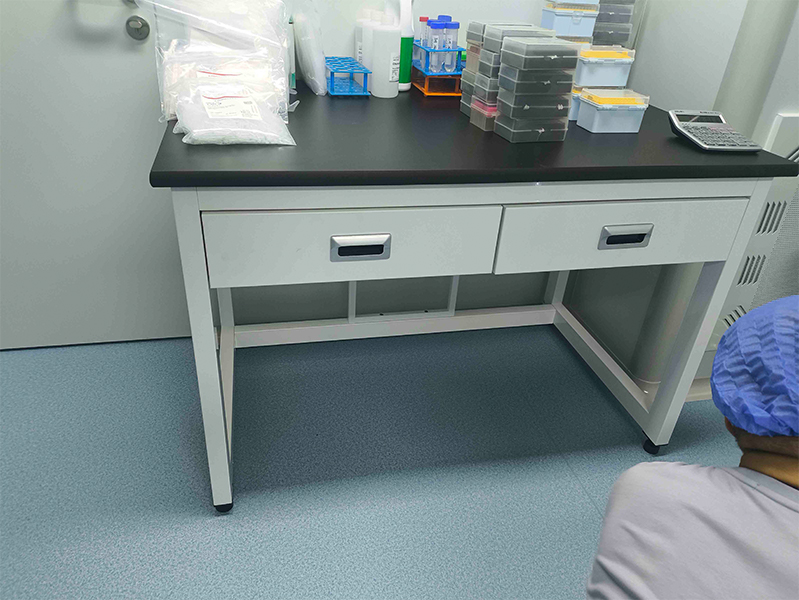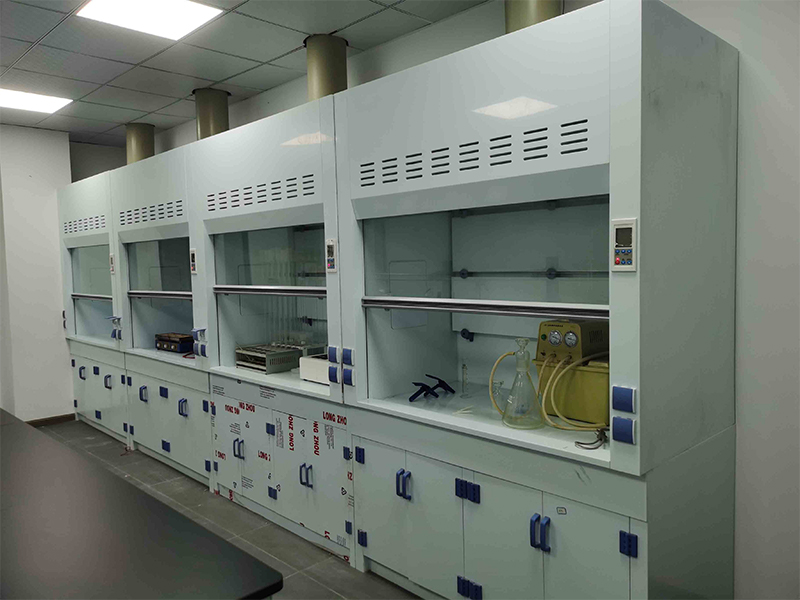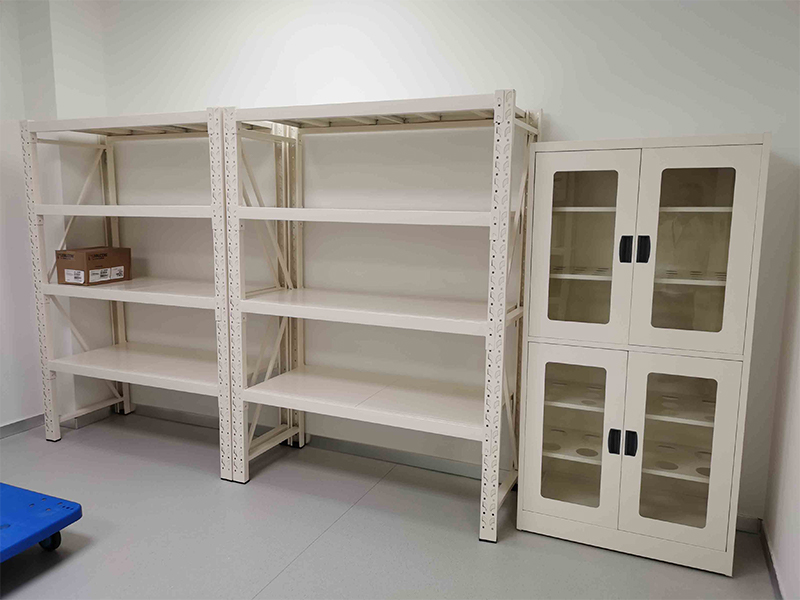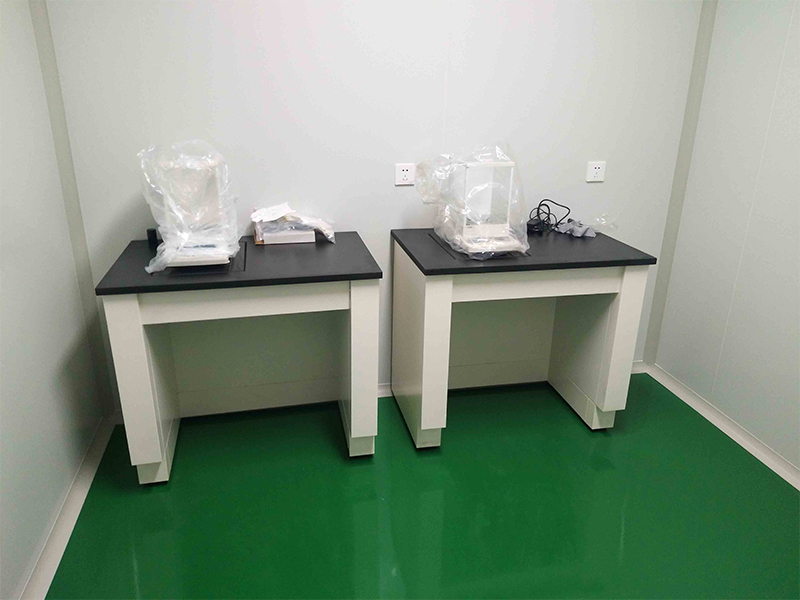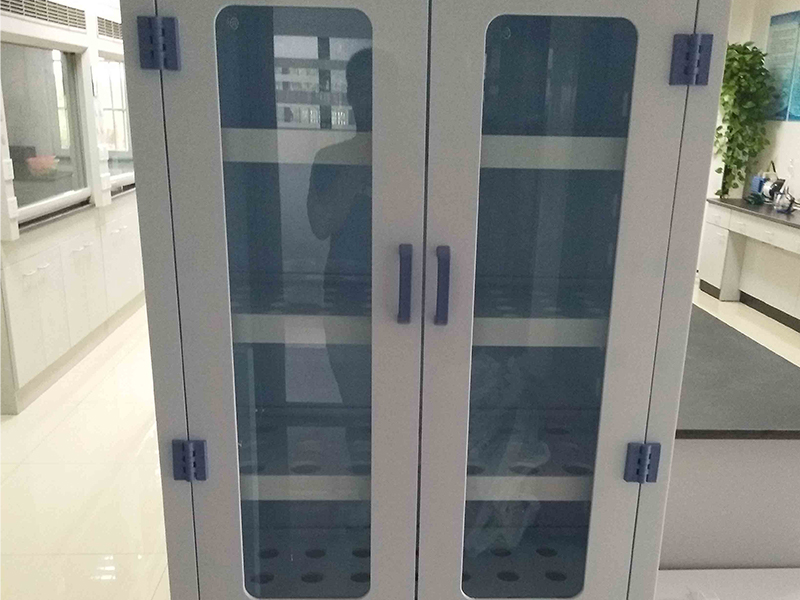Alright, so you’re hunting for a solid laboratory balance bench? Not exactly the world’s most thrilling purchase, but honestly, get this wrong, and you’re in for a world of headaches. There’s more to it than just plopping a table in the corner and calling it a day.
First off, load-bearing muscle. These benches need to handle some serious weight—think chunky analytical balances, random glassware, maybe some mysterious equipment that looks straight outta Star Wars. You want a frame that won’t buckle under pressure. Powder-coated steel? Classic. Aluminum’s solid, too. Quick tip: get those adjustable feet. Your floors probably aren’t as flat as you think, and wobbly balances are the arch-nemesis of accurate readings.
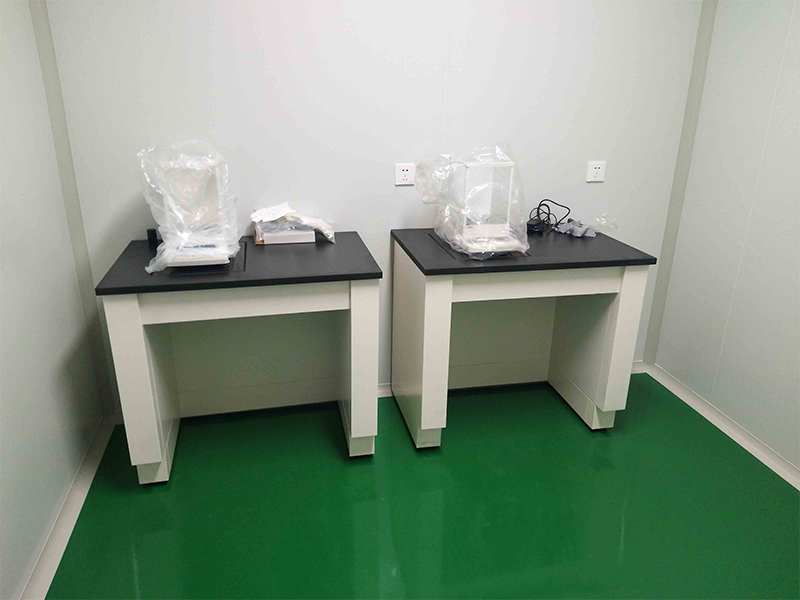
Now, let’s talk surfaces. Labs are basically chemical playgrounds, and spills happen. You need something that shrugs off acid splashes and rogue solvents. Epoxy resin tops? Tank-like. They laugh at acids and alkalis. Phenolic resin boards—pretty tough, and they don’t freak out if things get a bit damp. Stainless steel’s a winner for the germaphobes and anyone dealing with biohazards (so easy to wipe down, it almost cleans itself). If you’re doing hardcore chemistry, polypropylene boards are the way to go; they’ll outlast just about anything.
Don’t forget the bones—the structure. Welds should be tight, joints reinforced, no wimpy screws that’ll give up after a month. Shelves should spread the load so you don’t end up with a sad, sagging bench. Pro move: slap on some anti-vibration pads if you’re using balances that freak out at the tiniest tremor. Nothing’s more annoying than chasing phantom numbers during a weigh-in.
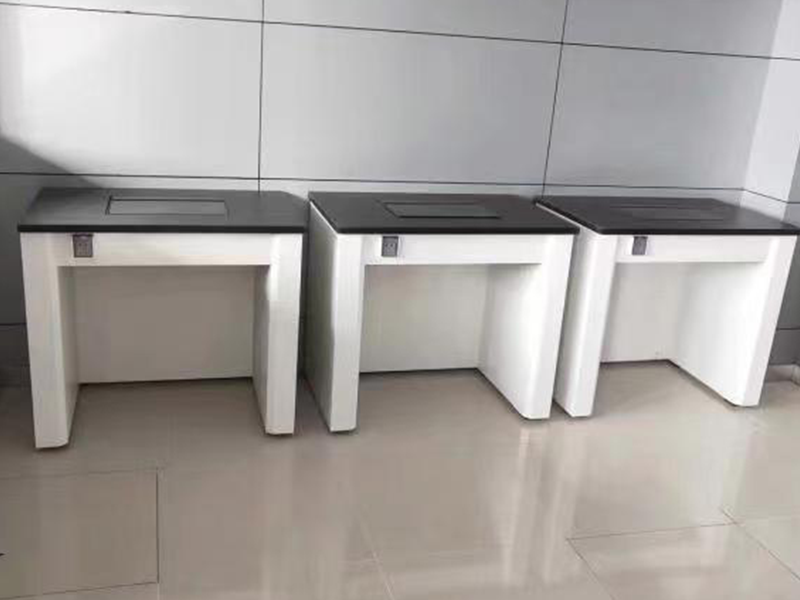
Maintenance? Yeah, boring, but necessary. Give the bench a once-over every so often. Fix scratches and nicks fast—corrosion starts small and goes full Godzilla if you ignore it. Clean up spills right away, and maybe toss some liners down if you’re especially messy.
And hey, don’t forget about workflow. You want your bench where you can actually use it, with space for your elbows and easy access to sinks or outlets. Modular setups are cool ’cause you can tweak them as your experiments (or your lab drama) change.
Bottom line: If you nail the basics—load, chemical resistance, stability—you’ll have a bench that’s more reliable than your lab’s coffee machine. And that’s saying something.

